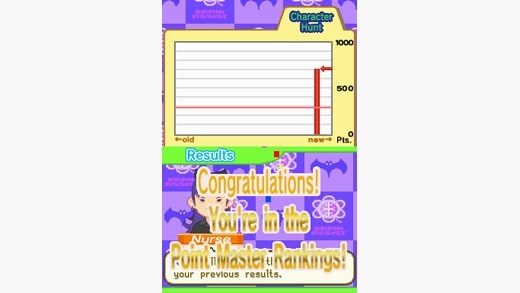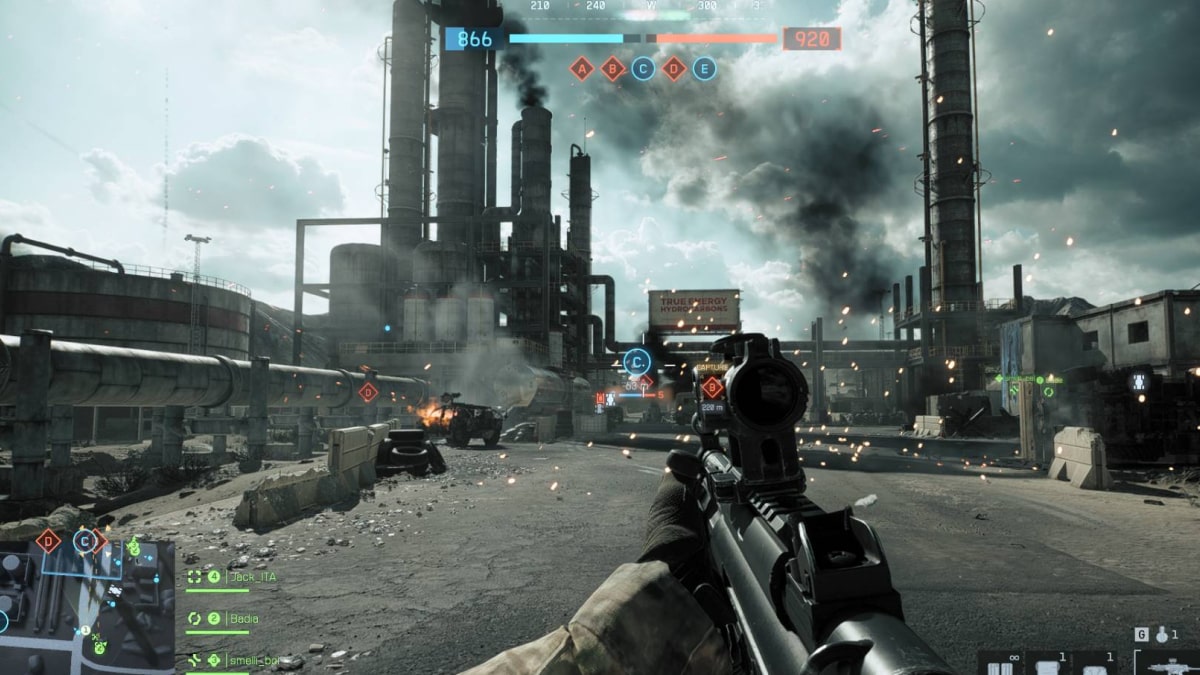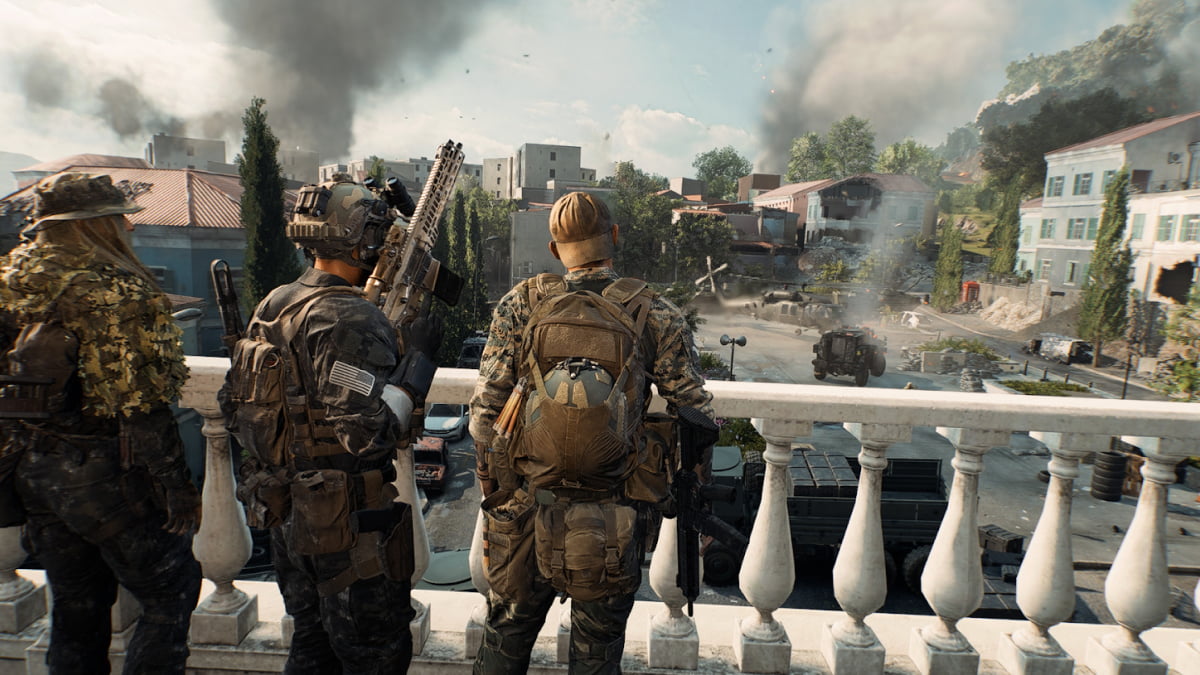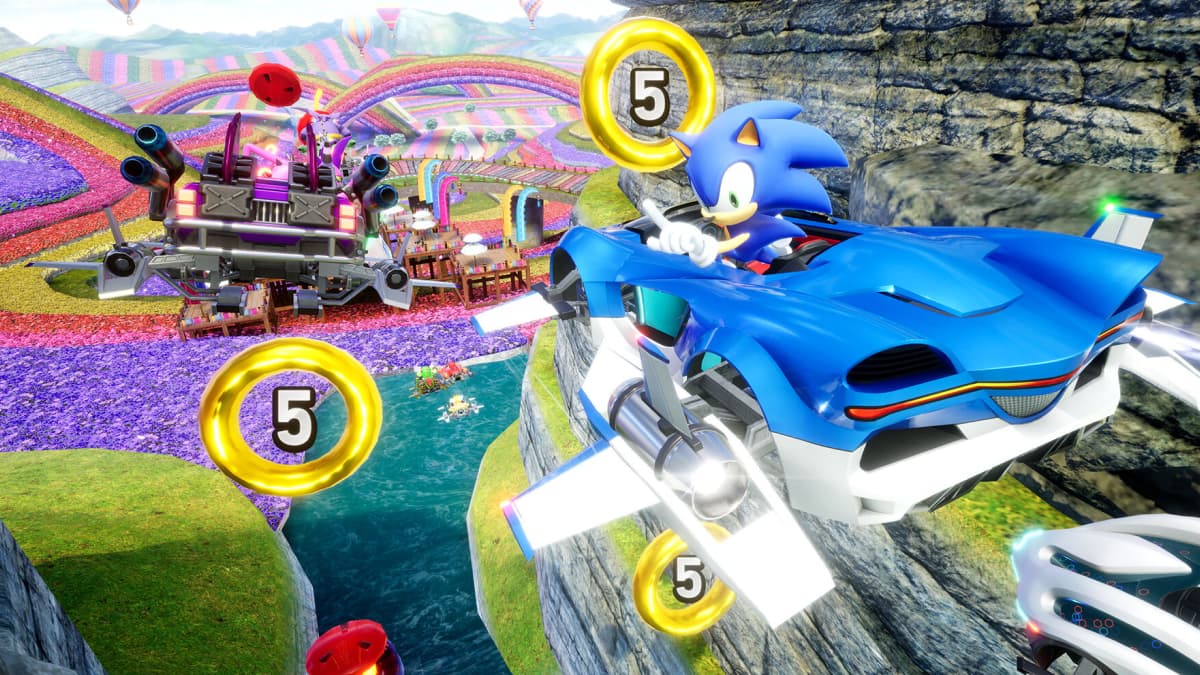You can trust VideoGamer. Our team of gaming experts spend hours testing and reviewing the latest games, to ensure you're reading the most comprehensive guide possible. Rest assured, all imagery and advice is unique and original. Check out how we test and review games here
Nintendo were right in the money when they came up with the idea for a video game that would supposedly ‘improve’ people’s brains. You only have to switch on the TV or pick up a magazine to see that we as a society are obsessed with improving ourselves… ironically most probably because the TV and the magazines are constantly telling us how old, fat, ugly or unfit we all are! However, like Pokémon before it, Brain Training took the world by storm as untold numbers of people snapped up Nintendo’s handhelds by the tonne in the hope that perhaps, finally, with the help of a video game, they would no longer be considered ‘thick’.
If I sound somewhat derisive of the whole idea, it’s not because I don’t believe in the power of video games to sharpen the brain. On the contrary, just like I believe that reading lots of books improves spelling and vocabulary and exercises the imagination, so I’ve always said that video games are good for improving reflexes and reactions, and – in the case of puzzle games – toning up the mind, if only because you have to think a lot more while playing them than when you’re simply sat staring at the TV. No, I’m derisive because I, personally, didn’t rate Brain Training itself. My problem lies with the interface – when it comes to inputting data, I’m not a fan of voice entry, at least as far as the DS goes, as it doesn’t always recognise the words depending on your accent, how excited you are, any background noise, etc. Similarly, I have a serious problem with the handwriting recognition. Namely: it won’t recognise mine. This means that although I can tackle the fairly simple maths problems in seconds, half the time it completely misreads my answer, rendering the whole concept useless. Which is a shame, because I do really like the whole brain training concept in principal.
Step forward Sega’s entry into the whole ‘video games as a way of improving your intelligence’ field: Brain Assist. While clearly an attempt to cash in on the success of Brain Training (and More Brain Training), Sega’s offering thankfully does not require the use of either your voice, or your handwriting. Instead, it’s a variety of observational puzzles which only require you to tap the screen to input your answer.
After setting up your profile, you are then able to choose from four different game modes: Single game, Evaluation, Compatibility and Multiplayer. Each of these modes allows you to tackle ten different puzzle games, either in a set groups or individually. In Single Game mode, you pick a particular puzzle, and try and get the highest score over a number of successive stages, either against the clock, without losing a fixed number of lives, or a combination of the two. With each stage completed, the puzzles get that much trickier.
In Evaluation, you choose from two sets of four puzzles, which are played in order, and after completing all four, the ‘Nurse’ evaluates you, and gives you a ranking from A to… well, however rubbish you happen to be, much like Brain Training gives you the ‘age’ of your brain.
Compatibility, much as it sounds, pits you against a friend or – ideally – your partner, either through wireless link-up with two DS units or by sharing one, and afterwards tells you how ‘compatible’ you are. I have to admit that I’ve not actually done all that much research on the subject, but I’d have to say that simply being as good at certain puzzle games as someone else can’t really be much of a basis for a relationship, but if you treat it all as a bit of harmless fun, then it’s okay. And anyway, it’s certainly better than those text-lines that implore any idiot with a mobile to ‘text for the name of their perfect partner’ for just £2 per text. What kind of fool believes in this kind of thing?! You might as well just throw two quid out of the window and save yourself the trouble typing the text! Er… but I digress.
The puzzles in Brain Assist are all easy to pick-up, and quite straightforward to tackle. They involve pattern or symbol matching, memorising sequences of colours, patterns or numbers, and good old-fashioned ‘spot the difference’ tests. They are all good fun, and most of them you can actually get better at with practice, however there are a couple – notably ‘Touch of Brilliance’ and ‘Quick Numbers’ – which you really can’t. The way they are made more difficult is simply by speeding them up, to the point where your eye physically can’t track them. Your eye can only register data at a specific frequency – it’s how TVs used to work in the old days, repeatedly scanning the image down the screen so fast that the eye is fooled into seeing one complete image. No amount of brain training is going to change this, and so when Touch of Brilliance and Quick Numbers get past the first few early levels, all you see is a split-second blur, which, short of fitting yourself with bionic eyes, you’re not going to be able to deal with.
At the end of the day, whether this game will really improve your brain is not for me to say, and the claims on the box that it can help you out when you’re feeling ‘tired and overworked’ are, to my mind, a tad dubious. But if looked at purely for entertainment value, the ten games on offer do give some good, non-violent, simple fun, even if a few of them are practically impossible to beat. The Compatibility and Multiplayer modes add to the fun too, with some of the puzzles lending themselves rather well to group gaming. Will it improve your brain? Who knows, but it’s certainly better than sitting in front of the TV all the time, and at least you don’t have to relearn how to write just to be able to play it!

/https://oimg.videogamer.com/images/a68a/brain_assist_12.jpg)






